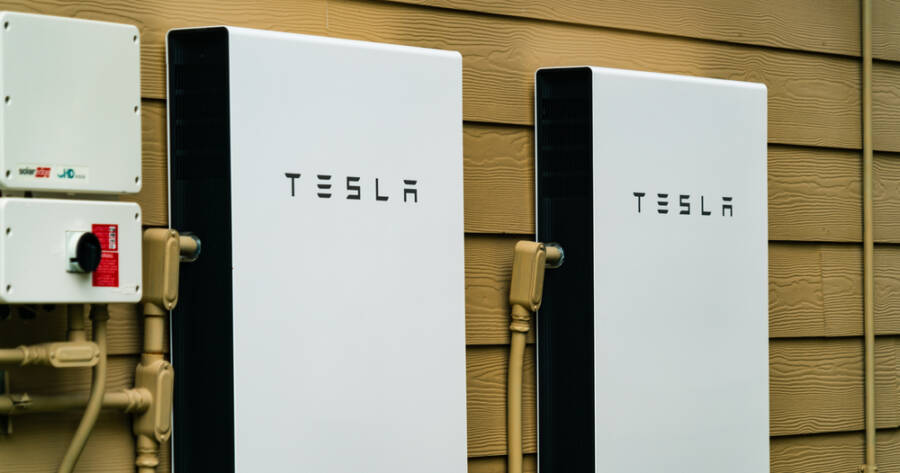As energy costs continue to rise, homeowners and businesses are turning to solar power as a cost-effective and sustainable solution. While solar panels have been a popular choice for reducing electricity bills, the addition of advanced solar batteries takes energy savings to the next level. By storing excess solar energy for use during peak hours or at night, these innovative batteries empower users to maximize their investment in renewable energy while minimizing reliance on the grid.
What Are Solar Batteries?
Solar batteries store the excess energy generated by solar panels during the day. Instead of sending surplus electricity back to the grid, the energy is saved for later use, such as at night or during cloudy periods when solar production is low. Modern solar batteries use advanced technologies like lithium-ion, offering greater efficiency, longer life, and higher storage capacity than ever before.
How Solar Batteries Help Reduce Electricity Bills
1. Maximizing Energy Usage
Without a solar battery, unused solar energy is often sent back to the grid, and homeowners may only receive a fraction of its value through net metering. A solar battery allows you to store this energy and use it when your solar panels aren’t generating power, effectively reducing your need to draw electricity from the grid.
2. Avoiding Peak Energy Charges
Many electricity providers charge higher rates during peak usage hours. With a solar battery, you can tap into your stored energy during these expensive periods, significantly lowering your electricity costs.
3. Providing Backup Power
Solar batteries offer a reliable source of backup power during outages, ensuring essential devices and appliances stay operational. While this doesn’t directly cut electricity bills, it prevents the need for expensive emergency power solutions.
4. Enhancing Grid Independence
By relying more on stored solar energy and less on the grid, you protect yourself from rising electricity rates. Over time, this independence can lead to substantial savings.
Types of Solar Batteries
- Lithium-Ion Batteries
- Most common and efficient type.
- Offers high energy density, longer lifespan, and faster charging.
- Lead-Acid Batteries
- Affordable but less efficient and with shorter lifespans.
- Best for small-scale or budget-conscious installations.
- Flow Batteries
- Ideal for large-scale energy storage.
- Offers long lifespans but at a higher upfront cost.
- Hybrid Systems
- Combine solar batteries with inverters for streamlined energy management.
- Allow users to prioritize solar usage and grid reliance dynamically.
Are Solar Batteries Worth the Investment?
While solar batteries involve an upfront cost, the potential savings on electricity bills and the added benefits of backup power make them a worthwhile investment for many. Moreover, various government incentives, tax credits, and rebates can help offset the initial expense, making solar battery systems more accessible.
Choosing the Right Solar Battery
When selecting a solar battery, consider:
- Capacity and Power: Ensure it can store and deliver enough energy for your needs.
- Lifespan and Warranty: Look for warranties covering at least 10 years or 5,000 cycles.
- Compatibility: Verify it works seamlessly with your existing solar panel system.
- Cost vs. Savings: Calculate how much the battery will save you over its lifetime.
Empower Your Savings with Advanced Solar Batteries
New solar batteries are revolutionizing the way we use renewable energy, offering substantial savings on electricity bills and greater energy independence. By storing solar energy for later use, these advanced systems enable households and businesses to reduce their reliance on the grid while enjoying backup power during outages. If you’re looking to slash your electricity bills and contribute to a greener future, investing in a solar battery is a smart, forward-thinking choice. Take the first step today and make the most of your solar energy system.




